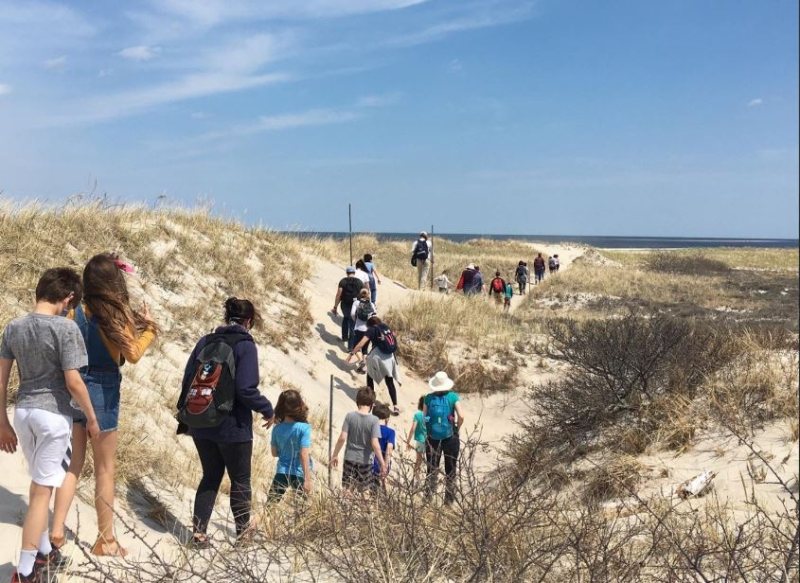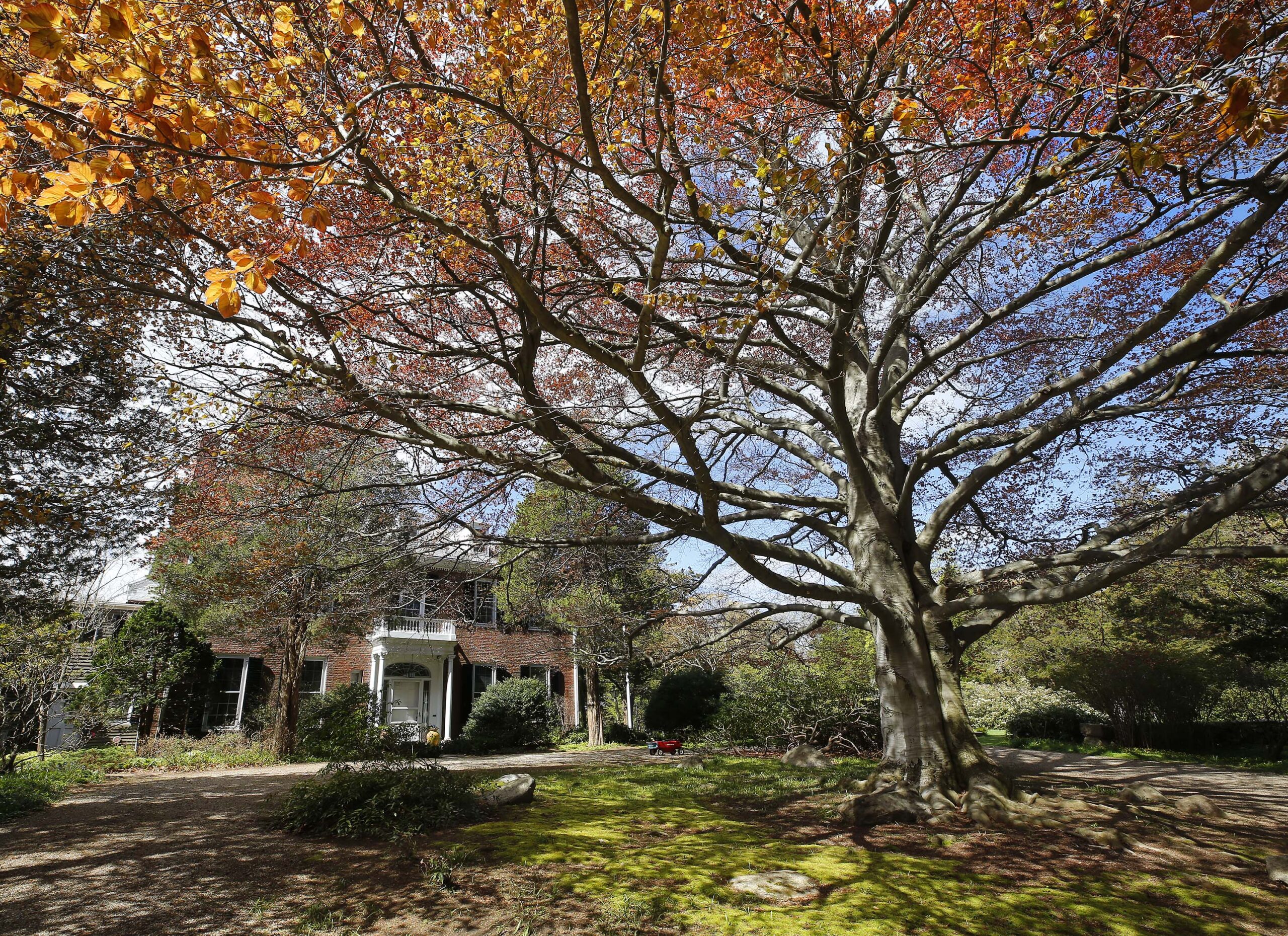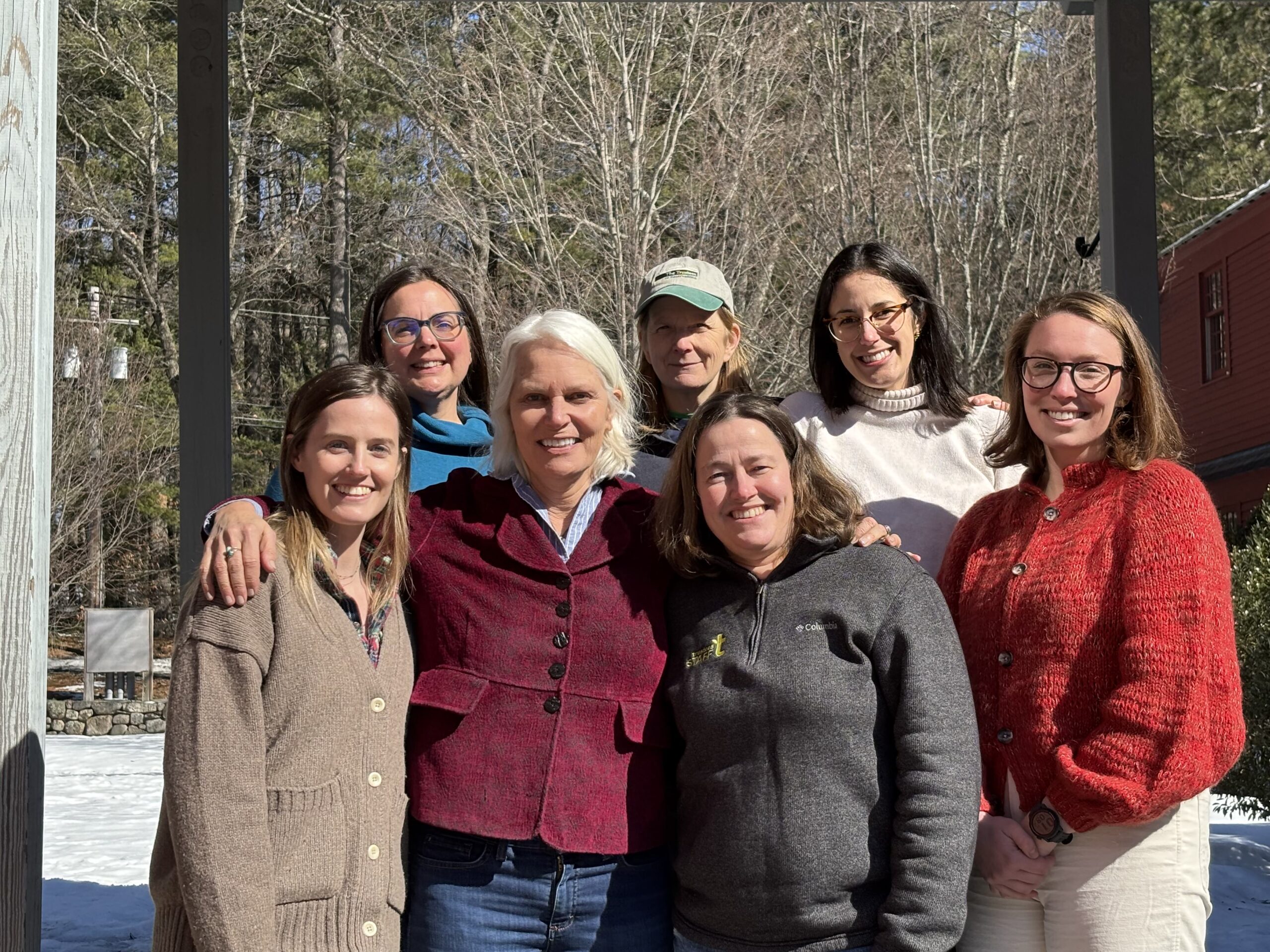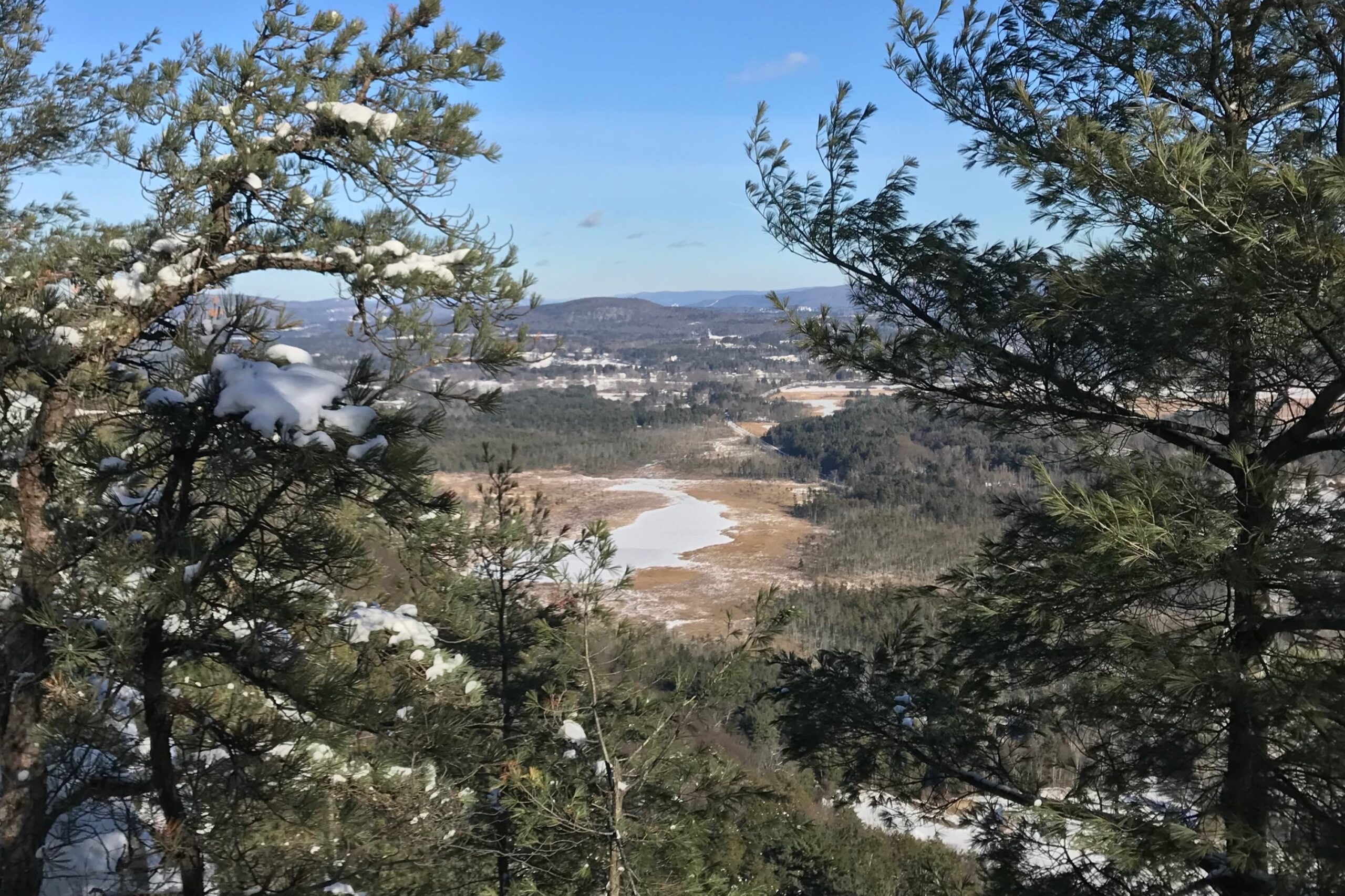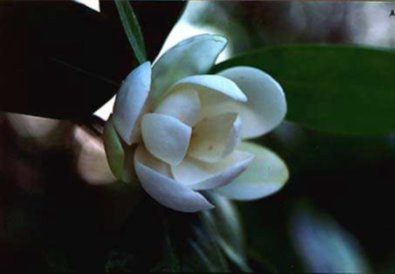
Ravenswood Park is a 600-acre reservation located along the Essex Coastal Scenic Byway in Gloucester, Massachusetts. The reservation is large and ecologically diverse containing a variety of natural community types from large tracts of swamp to rocky highlands with seeping views. Ravenswood is home to northernmost native population of sweet bay magnolia (Magnolia virginiana). This southern growing tree is extremely rare in the Northeast and is listed as endangered in Massachusetts. The closest secure population is growing on Long Island NY. At Ravenswood the plant grow within one of the largest contiguous swamps on Cape Ann. The vegetation within the swamp is extremely dense making it very difficult to traverse and see the magnolias. The magnolia has been a focus of stewardship at Ravenswood and has a rich history deeply ingrained with the park’s creation.
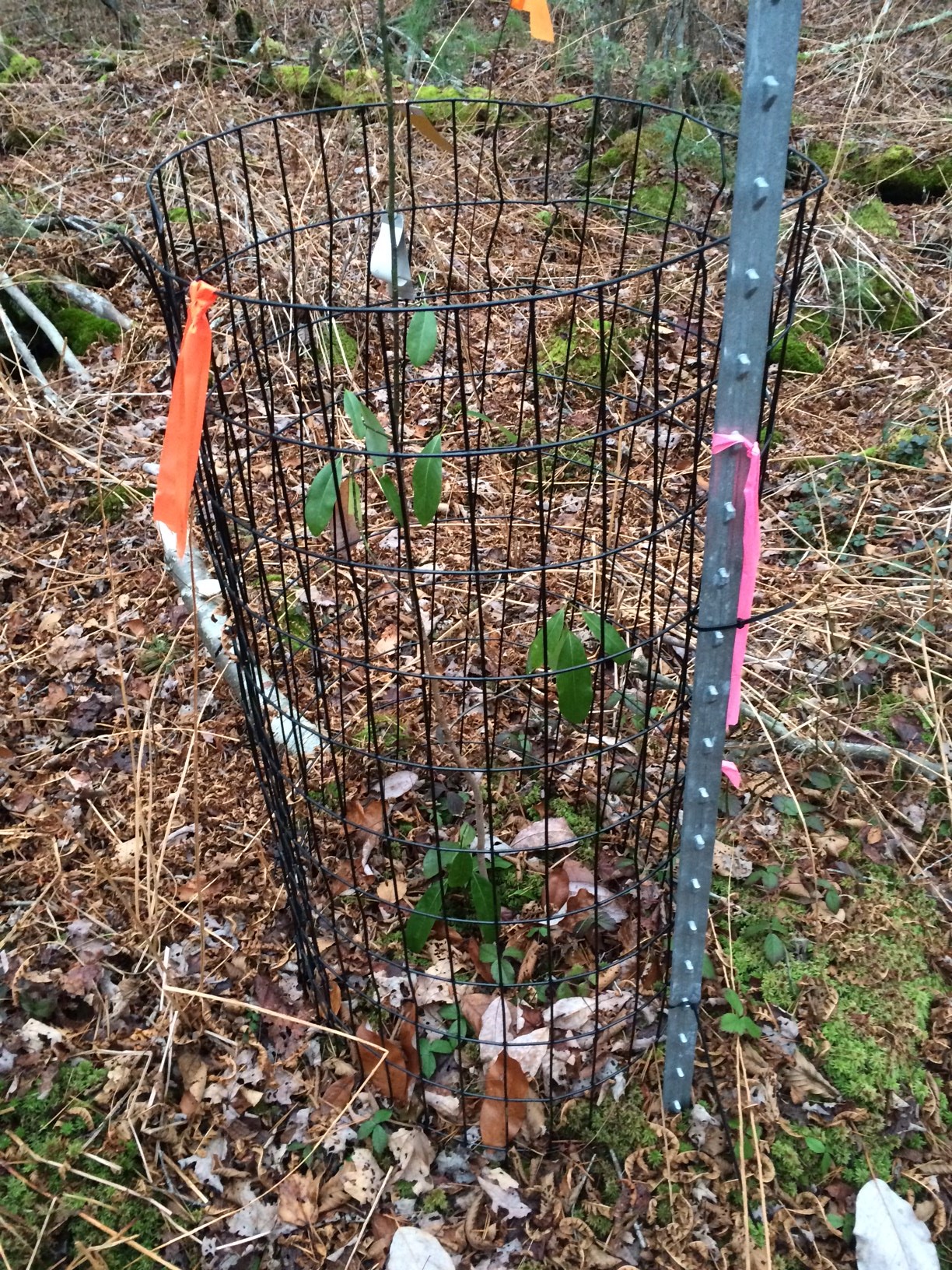
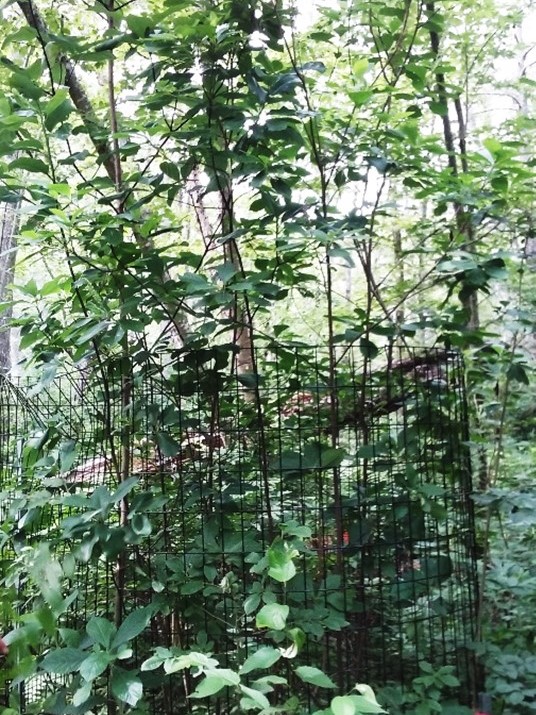
History
The sweet bay magnolia population was first discovered in 1806 by Theophilus Parson who spotted it traveling down Old Salem Road (now a foot trail at Ravenswood) and alerted the New England Botanical Club. People were in disbelief that this tree was growing so far north and after the discovery the plants became a popular attraction, even attracting early naturalists like Henry David Thoreau. The popularity eventually led to the Village of Magnolia part of Gloucester changed its name from what was formally Kettle Cove. Unfortunately, due to their popularity the population was severely damaged in the 19th century from over-picking by collectors who sold the flowers in Boston, and by 1913, the population was reduced to only two small plants. However, in 1989 Samuel E. Sawyer bought the land that is now Ravenswood and established a Trust to ensure this land remained natural and protected. During this time the population recovered, and by the 1980s over 1804 stems above one meter in height were documented during a population survey by horticulturalists from the Arnold Arboretum.
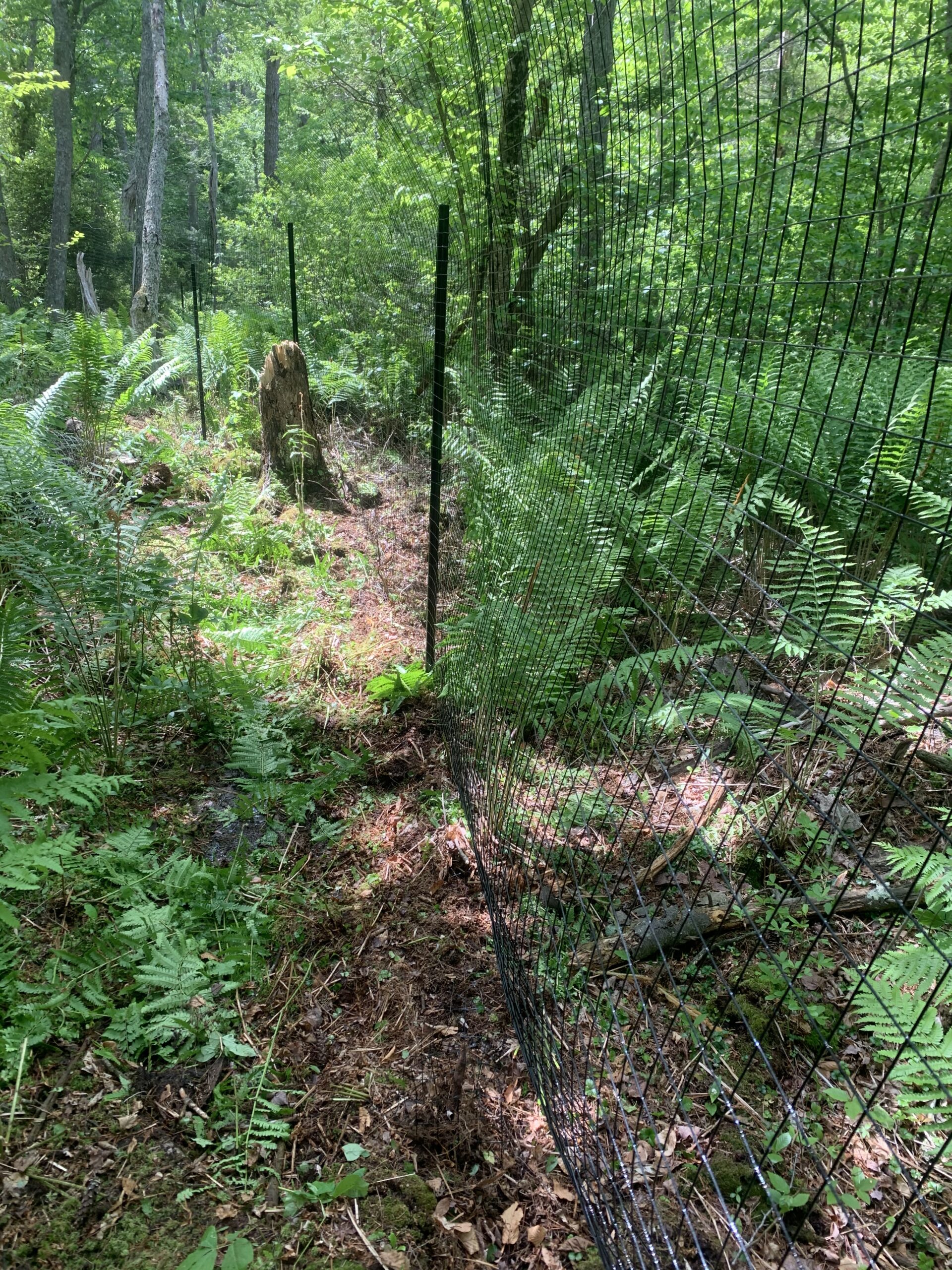
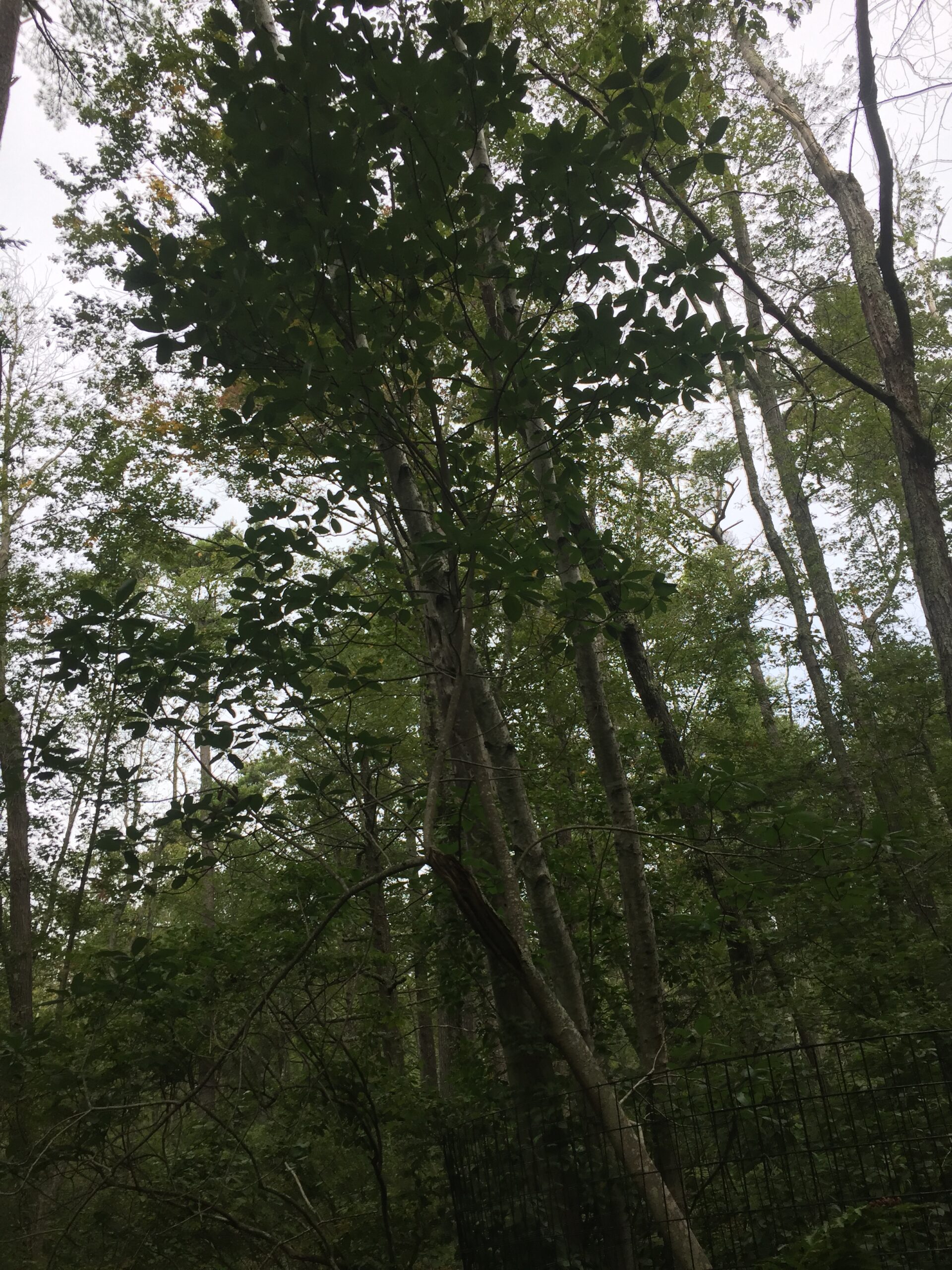
Trustees Stewardship
The Trustees of Reservations acquired Ravenswood in 1993 and the magnolia population was healthy at that time. However, by 2002 the population was in rapid declining due to deer impacts browsing its evergreen leaves and bucks rubbing their antlers against the bark that killed mature trees. By, 2008 only 15 stems remained that were greater than one meter in height.
Upon discovering the population’s rapid decline in 2002 The Trustees responded by constructing an 8-foot tall, 1,662-foot perimeter fence surrounding five acres where plants were growing. This fencing protects the population against deer, which have become overabundant in many parts of Massachusetts which threatens forest health and biodiversity. Additionally wire cages were also placed around individual plants to protect the plants if the perimeter fence gets damaged and deer are able to enter. This fencing was recently replaced with a new metal fence in 2021 due to former fence deteriorating. The Trustees manage and repair this fencing on a regular basis, and conduct surveys to monitor the health of the sweet bar population. The last comprehensive survey in 2021 showed that the management actions have positively impacted this population, and today it is recovering with more than 350 stems are over one meter in height. Efforts manage this population are important to helping promote species diversity in Massachusetts and the cultural importance of this unique population of sweet bay magnolia.
